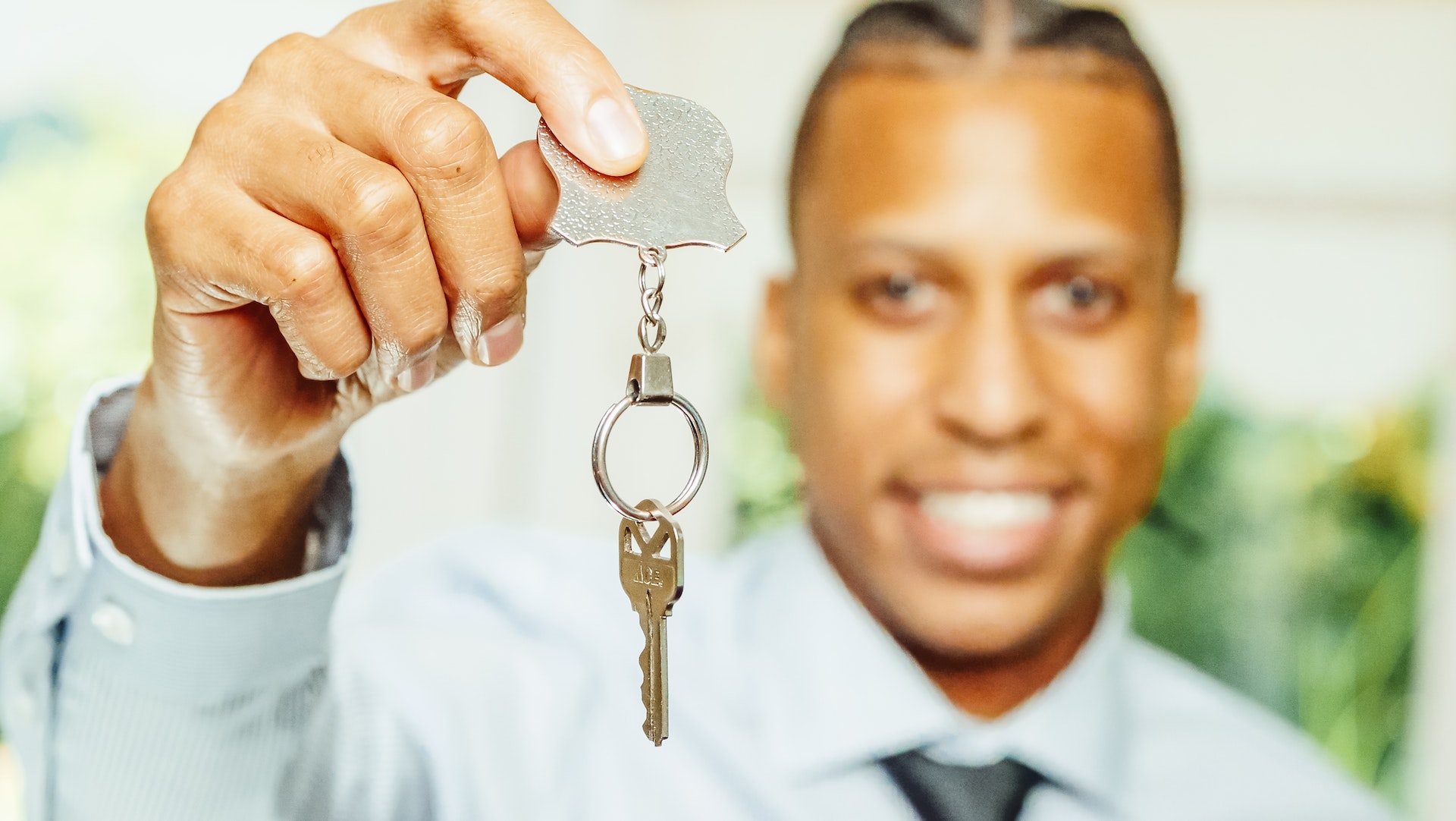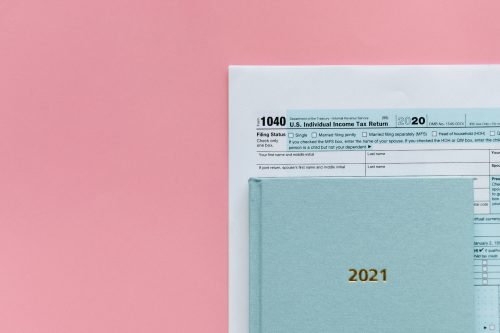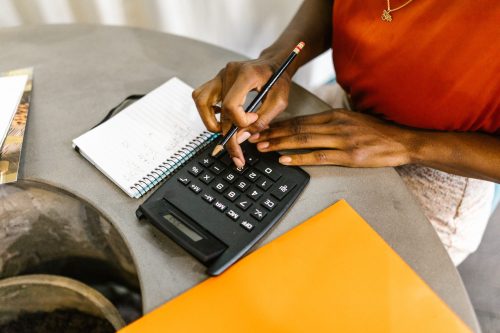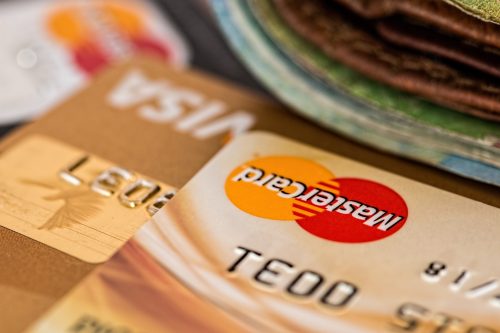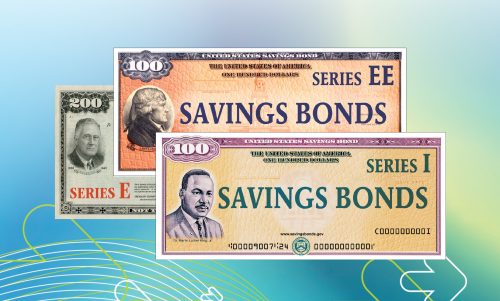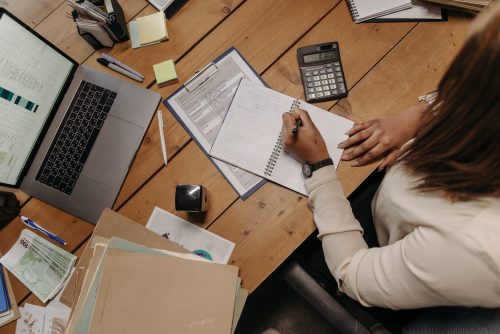Most future homebuyers are aware that an important step toward purchasing a home is saving for a down payment. However, many people are not as familiar with some of the other costs associated with buying a home, particularly closing costs.
Below is a comprehensive guide to closing costs, including what these fees cover, how much you can expect to pay as a buyer, and some suggestions for the best ways to save on these costs. Read on to ensure you’re as prepared as possible when you approach buying your first home.
What are closing costs?
In real estate, closing costs are supplemental charges that buyers need to plan for in addition to saving up for their down payment. These charges cover the fees necessary to close on the home. While every transaction’s closing costs will be slightly different, in general, you can expect them to include things like mortgage application costs, property inspection fees and charges from your attorney.
As far as how much you can expect to spend, that will largely depend on the home’s purchase price, the area in which you intend to buy, and other specifics of your transaction. However, for the most part, these costs tend to fall within a similar range, no matter what your budget or ZIP code.
As a rule of thumb, you should budget to spend between 3% and 3.5% of the home’s purchase price on these costs.
Who pays closing costs?
Both buyers and sellers will be charged closing costs when it’s time to finalize the deal. However, these costs aren’t simply split down the middle. Rather, each party in the transaction is responsible for their own portion of these fees. Below is an overview of some common closing costs and how they typically break down:
Typical buyer closing costs
- Application fee: Some lenders charge a fee for the initial cost of processing your loan application. Notably, you usually have to pay this fee whether or not you’re ultimately approved for a loan.
- Credit reporting fee: During the course of loan approval, your lender will check your credit. This fee covers the cost of pulling your credit report.
- Loan origination fee: This charge covers costs that come from processing your loan during the period between when your application is accepted and when the loan is disbursed at closing.
- Attorney fees: These are the fees charged by your attorney in exchange for helping you through the homebuying process. Banks may also hire their own attorney, independent of the buyers’ and pass that cost to the buyers.
- Inspection fees: The fees for any inspections — like an overall home inspection or a radon inspection — will also be wrapped up in your closing costs.
- Appraisal fee: If you’re getting a mortgage, your lender will likely require an appraisal to determine the fair market value of the home. That service fee will also be included in your closing costs.
- PMI premium: If you’re planning on putting less than 20% down on the home, you’ll likely need private mortgage insurance (PMI), which is an insurance policy that protects the lender in the event you default on the loan.
- Property taxes: At closing, the buyer reimburses the seller for any portion of the property taxes that have already been paid for the time between closing and when the tax period ends.
- Title search and insurance fees: A title search is done to verify that you’re able to own the home free and clear, meaning that there are no other ownership claims on the property.
- Recording fees: Once a new deed is processed, it’s recorded, usually at the county clerk’s office. These fees cover those costs.
Typical seller closing costs:
- Commission: A seller’s largest slice of closing costs is paying the commission fees for both real estate agents. These costs usually amount to 5-6% of the home’s purchase price.
- Transfer taxes: Most states and municipalities impose taxes for the process of transferring the ownership of a property from one party to another.
- Attorney fees: The seller will also be responsible for paying their own attorney fees.
Aside from the fees listed above, some cities and municipalities have their own supplemental closing costs that will be included in your final payment amount. In New York, for example, the recording tax will vary depending on where you live in the state. However, metropolitan buyers may also have additional costs to consider.
Estimating your closing costs
Now that you have a better idea of what closing costs are, the next step is to figure out how to budget for them. Here is a brief overview of how buyers can prepare for these costs.
Before applying for the loan
Planning to buy a home is all about saving up as much money as possible. While you don’t necessarily have to meet all of the benchmarks below in order to be approved for a loan, aiming to have the following amounts saved will give you the best chance of a quick approval.
- 20% down payment
- 3-3.5% closing costs
- 6-24 months of reserves (depending on the size of your loan)
After applying for the loan
As you might expect, once you actually take steps to apply for a loan, you’ll get a better idea of the costs. Where closing costs are concerned, you’ll be given a document known as a “loan estimate,” which will give you a line-item view of all the charges and fees associated with closing on your new home.
By law, your lender is required to provide you with a loan estimate within three days of your loan application. That said, you shouldn’t be expected to read over these charges on your own. Instead, ask your lender to go through these costs with you to ensure that you understand them fully.
Ways to reduce your closing costs
Lastly, it’s important to take a look at the ways in which buyers can potentially reduce their closing costs. Particularly for first-time homebuyers, these fees can sometimes be an additional challenge. With that in mind, here are some strategies that you can use to reduce the total amount that you’ll be expected to pay.
1. Ask for a seller concession
With a seller concession, the seller agrees to pay a portion of the buyer’s closing costs upfront. However, that same amount is usually added to the sale price, so that it can be rolled into the buyer’s loan, which effectively allows them to finance the cost.
While this method may sound ideal, be aware that it does have potential drawbacks. In particular, choosing to ask for a seller concession may weaken your overall bargaining position.
2. Shop around
In addition, financially savvy buyers often shop around to ensure that they’re getting the best deals. Be aware that some closing costs, like property tax amounts, are fixed and cannot be negotiated down. For others, like attorney fees, it may be possible to shop around for a better price.
3. Ask about available lender programs
Some lenders often have programs in place to help ease the cost burden of buying a home. Many banks offer programs specifically designed to help first-time homebuyers cover a portion their closing costs. But no matter which lender you choose, you should be sure to ask about available assistance programs.
If you’re planning on buying a home in the foreseeable future, you should know that paying some amount of closing costs is inevitable. However, by making sure that you’re informed about these costs and doing your best to save up for them, you’ll be able to come to the closing table feeling prepared.

